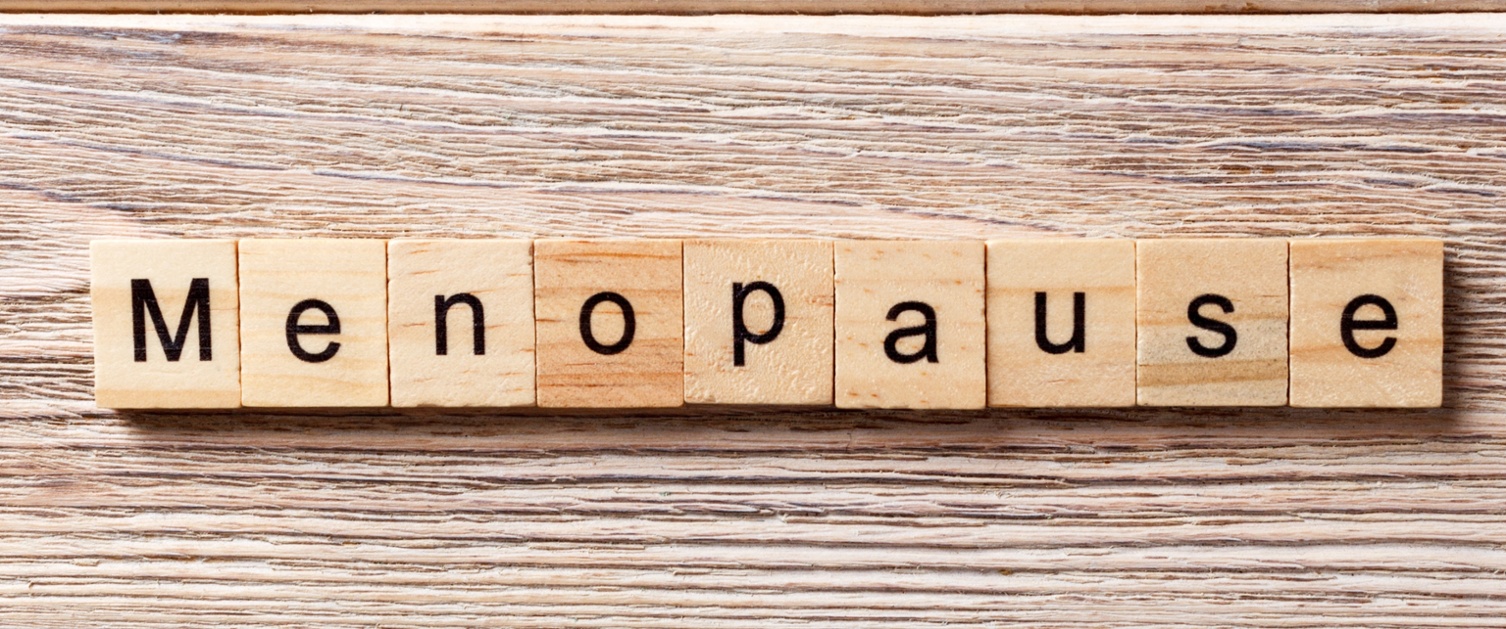Menopause

The menopause is the time when periods stop.
It is defined as occurring 12 months after the last menstrual period and usually happens between the ages of 45-55.
The period leading up to the menopause is called the perimenopause, this is usually what women mean what they talk about ‘going through’ the menopause.
During the perimenopause your body can change in different ways. As oestrogen levels fall, your periods may become irregular and/or heavy and you may lose your fertility. You may notice other physical changes including higher blood pressure, changes in cholesterol levels (increasing risk of heart disease), and losing calcium from your bones (raising the risk of osteoporosis). Other symptoms of the perimenopause can include weight gain, hot flushes, night sweats, irritability, poor concentration, more frequent headaches, and joint pains. These symptoms are mainly due to falling oestrogen levels, and can last for just a few months or for several years. The range
of symptoms and and how severe they are, is different for each woman.
Useful contacts and further information
NICE Guidelines-National Institute for Health and Clinical Excellence- Menopause
diagnosis and management
Follow the link for NICE menopause guidance
NHS Choices
Follow the link for NHS Choices
Balance Menopause
Follow the link for Balance
Independent organisation founded by Dr Louise Newton specialist in Menopause. Providing up to
date information about the menopause, access to podcasts, blogs and the ‘Balance’ app to log
symptoms and gain self-management techniques.
Menopause Matters
Menopause Matters, menopausal symptoms, remedies, advice
Independent website which gives up-to-date information about the menopause,
symptoms and treatment options. Has a forum available. Follow the link for Menopause Matters
British Menopause Society (BMS)
British Menopause Society | For healthcare professionals and others specialising in post
reproductive health Follow the link for the British Menopause Society
The BMS provides education, information and guidance to healthcare professionals
specialising in all aspect of reproductive health.
Women’s Health Concern (WHC)
Follow the link for Women's Health Concern
The patient arm of the British Menopause Society, provides factsheets about the
menopause, linked articles and FAQ’s
The Daisy Network
Follow the link for the Daisy Network
A registered charity providing free information and support to women with Premature
Ovarian Insufficiency (POI) also known as premature menopause.
Simply Hormones
Follow the link for Simply Hormones
Blogs and articles about the menopause
Menopause and the workplace
Follow the link to find out more
EMRTS staff are also able to access health board resources: Follow this link for more resources